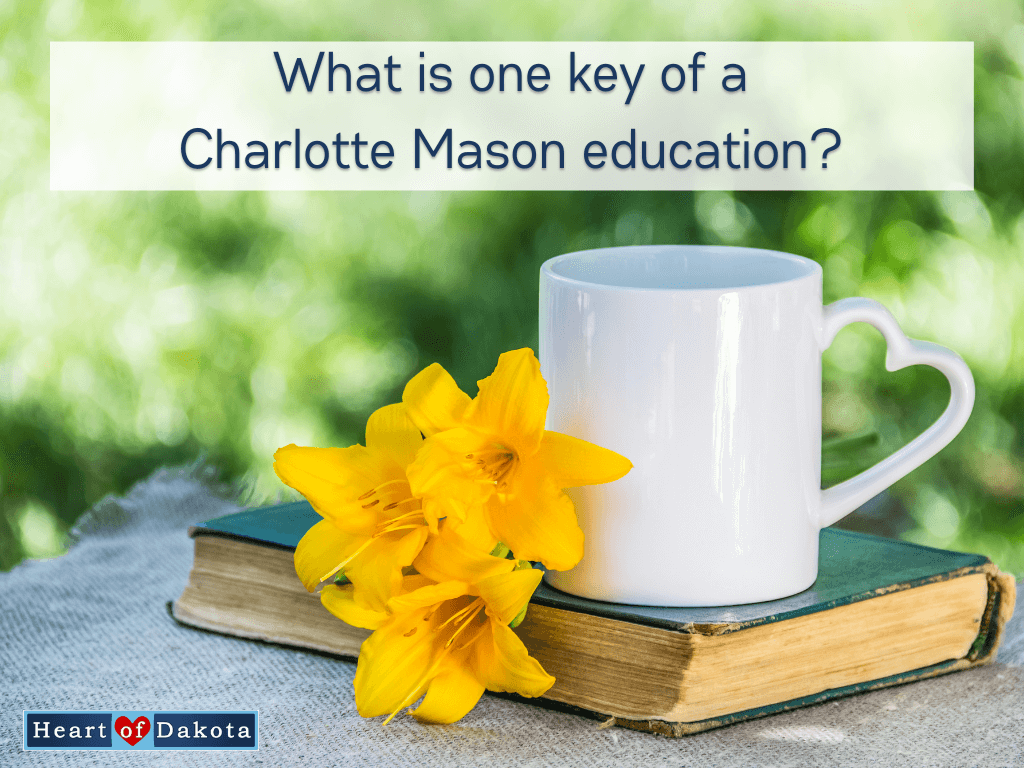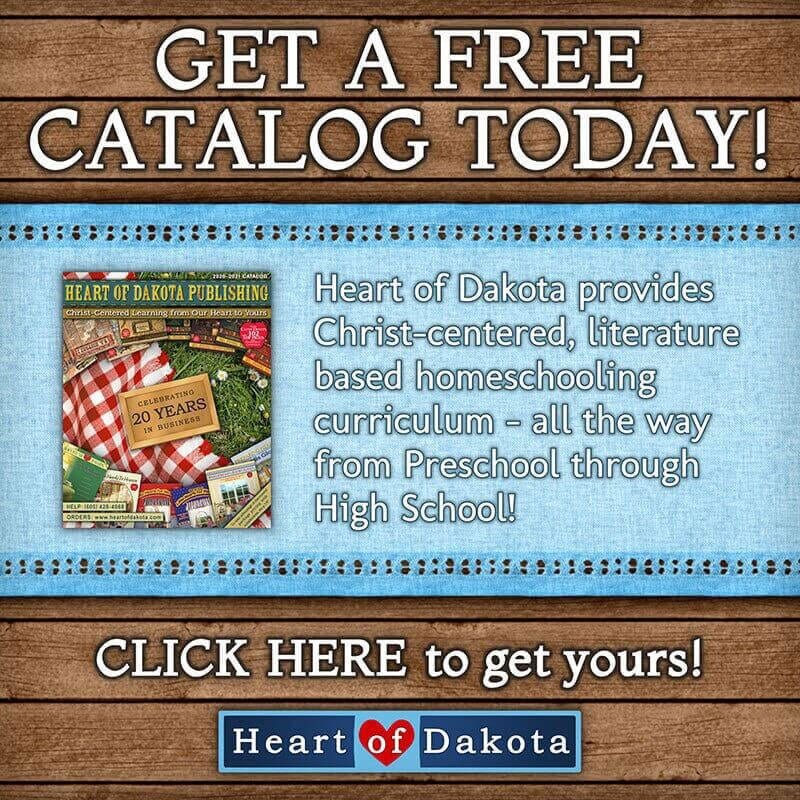What is one key part of a Charlotte Mason education?
Today’s tip has to do with one key part of a Charlotte Mason education that is often overlooked or misunderstood. Charlotte Mason advocated that a child aged 9 or older who can read his/her own material should. This doesn’t mean you should never read aloud to children past the age of 9! It does mean that for subjects where the child is reading to “know,” the child should be doing the reading if he/she is able.
Why is it important for children who can read their own school books to do so?
Training a child to read to “know” is an important part of any child’s education. This is because reading one’s own books exercises a child’s focus and power of attention in a unique way. Asking children to read their own material encourages them to savor what they read and make their own connections.
Reading aloud books meant to be read by the child means we are getting between the book and the child.
Once a child can read fluently, we need take care not to get between the book and child. Instead, we need to “get out of the way” and let the child read assigned books without interference. This doesn’t mean we don’t discuss books. It just means the child should be allowed to read those books without our ideas in his head already as distractions. In this way, children can make their own discoveries and connections.
Often when we read aloud, we make the connections… rather than the child making the connections.
When we read aloud, we often share our own personal connections and reflections. It is true a child may learn much from our perspective he wouldn’t otherwise learn from reading alone. But, is that learning his own, or ours? Who is doing the hard work of thinking, drawing conclusions, and making lasting connections? Is it us, or is it the child?
Reading one’s own books is a skill that takes practice.
Charlotte Mason wanted children to develop the skill of reading their lesson books for themselves. This is why our Heart of Dakota guides gradually introduce children to this important skill. Beginning with Preparing Hearts for His Glory, we start having children read part of their history and science books on their own. Each subsequent Heart of Dakota guide hands more of the reading over to the child. Graduating learners who can and will pick up higher level books and tackle them with ease takes practice.
It’s easier to sit and listen to someone read than to grapple with a book yourself.
While it is great to be read to, it is also easy to get spoiled by the ease of listening to someone else read aloud. Consider how easy it is to do other tasks while listening to an audio. Then, think about whether the same is true when you are reading words on a page. Paying attention to a voice is a very different mental skill than paying attention to thoughts written on a page. A child will never develop fluency, proficiency, or ease in reading for himself unless he practices the skill often with a variety of materials. This is why our guides begin practicing this skill as soon as children are able.
Charlotte Mason taught that when children are old enough, much of their reading is done on their own.
While reading aloud to our children is extremely important, it should never take the place of children learning to read independently. We need to be sure that we are allowing our children to read, savor and make connections for themselves. Try it today! Just follow the ‘I’ boxes in your HOD guide and allow your child to read his own material if he is able.
Blessings,
Carrie



